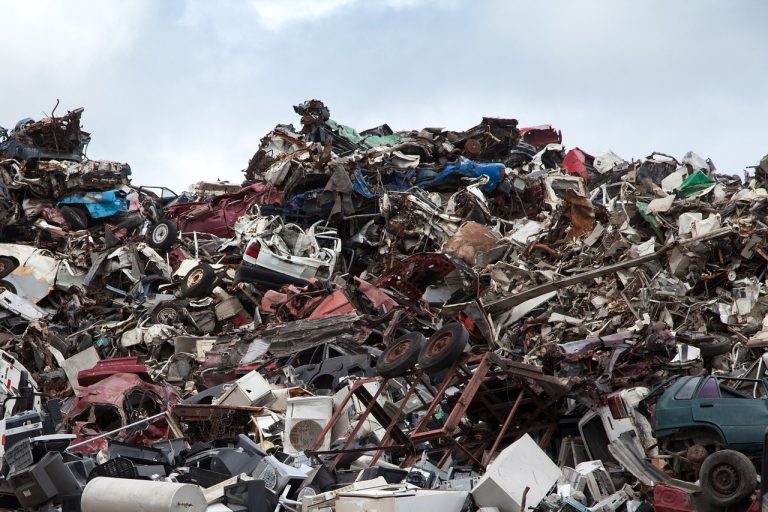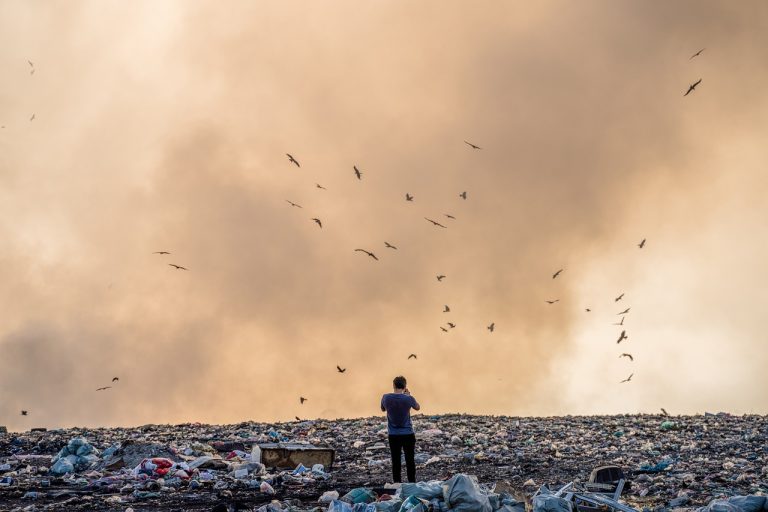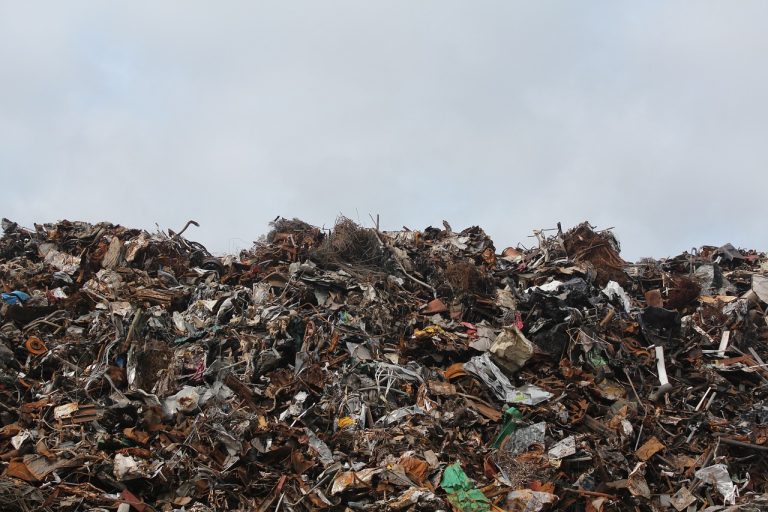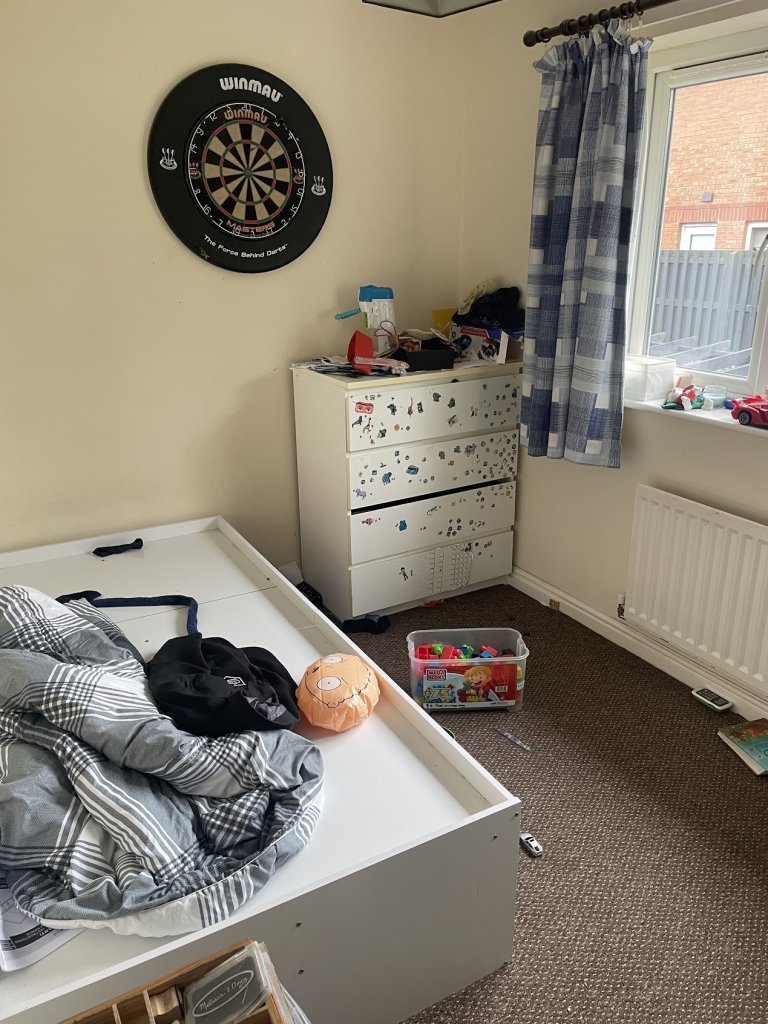Illegal Fly tipping in the UK and law
Fly-tipping is described as “the unauthorised disposal of any waste on unlicensed land.”
Throwing a mattress, electronic appliances, or a trash bag full of trash on the street creates pollution to the environment for neighbours and makes an area appear unsightly and rundown. At the extreme end of the spectrum, fly-tipping might involve the disposal of multiple truckloads of construction and demolition debris on various types of land.
Public safety can be compromised by unregulated illegal trash disposal, especially if the waste contains poisonous substances or asbestos. The dumped garbage could pose a threat to the health of waters and soil.
In 2016 to 2017, councils in England handled with more than one million incidents of fly-tipping. Over £58 million was estimated to be needed to eliminate this garbage.
Fly-tipping is a serious crime for which you could face prosecution. The courts have a range of options available to them to prevent fly-tipping, including imprisonment, unlimited fines, and the ability to revoke the rights of a vehicle used to commit the offence.
What do I do if someone has fly-tipped on my property?
If you own private property and are a victim of fly-tipping, it is your obligation to properly dispose of the waste and cover all associated costs.
Inform your local government or the Environment Agency about the incident. Even if they are not required to remove the waste, they might be able to offer advice on how to handle the removal of the waste.
You must make a decision on how to handle the rubbish that has been thrown on your property. Ensure that the garbage cannot leak or be tampered with.
Think of the reasons why your land has been chosen. Is it simple to go to the area? Is it a place where fly-tippers cannot be seen? You might want to take action to make your land less vulnerable once you have determined the cause of why it has been targeted.
How can I prevent fly-tipping of my garbage?
Bulky Waste – Your council is not obligated to take this down. However, a bulky waste collection service is offered by many municipal governments. For information, please get in touch with your local municipality.
Garden Waste – The majority of councils have separate bins for garden trash collection. You can also compost at home if you don’t mind taking your garden waste to the nearest landfill.
Commercial Waste – In order to guarantee that your trash is removed and disposed of properly if you own a business, you must enter into a contract with a registered waste carrier. If you plan to dispose of your own business waste at a tip or landfill, the location needs to be approved to accept commercial waste. An entrance charge and a landfill tax must be paid.
When contacting a third party – Make sure they are a licenced waste carrier before allowing them to collect your rubbish as part of a job. Request a copy of their certification, or verify with the Environment Agency instead.
Report Fly-tipping. It is against the law.
With your help, the rubbish can be removed and the crime can be investigated if you report it. Take note the following if you notice someone fly-tipping or wish to report a fly-tipping site:
- Date, time, and location of the incident
- How much garbage there is and how it looks
- Information about any persons or vehicles involved, including their names and registration numbers
FLY-TIPPERS DO NOT WANT TO BE CATCHED AS THEY ARE DOING SOMETHING ILLEGAL. DON’T GET CLOSE TO THEM OR RISK YOUR OWN SAFETY.
Both the local government and the Environment Agency are authorised to fight fly-tipping, and they have come to an agreement on a fly-tipping protocol to handle the core problems connected to the issue. According to the protocol, different event categories will be handled by different people.
The Environment Agency will deal with larger-scale, more significant occurrences of illegal garbage dumping, or fly-tipping, including hazardous wastes and tipping committed by criminal syndicates. Local Authorities will deal with smaller-scale, more regular events.







